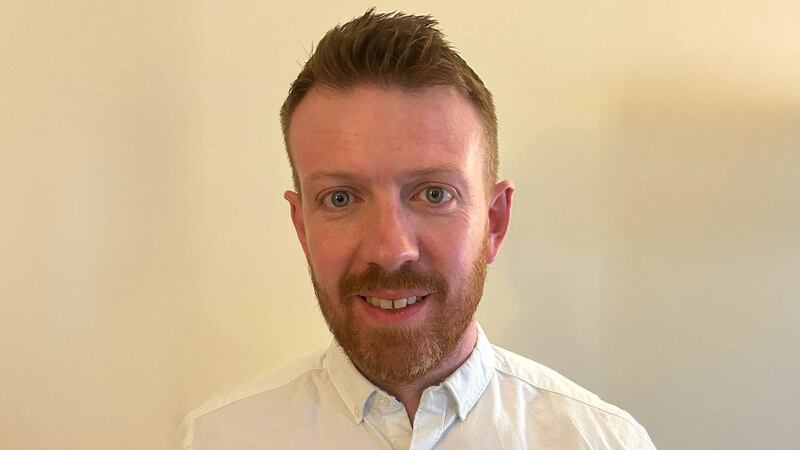You are viewing your 1 free article this month. Login to read more articles.
OUP pays out over £2m for East Africa 'wrongdoing'
The World Bank has debarred Oxford University Press East Africa and Oxford University Press Tanzania for three years for "corrupt practices" affecting education projects in East Africa.
OUP has acknowledged misconduct by the two wholly-owned subsidiaries in relation to two Bank-financed education projects and has agreed to pay the World Bank $500,000 in a negotiated settlement.
Meanwhile it has also paid almost £1.9m in the UK following action in the High Court by the Serious Fraud Office. The sum was paid "in recognition of sums it received which were generated through unlawful conduct related to subsidiaries incorporated in Tanzania and Kenya," the SFO said. OUP also met the costs of the SFO investigation.
In May 2011, investigators from INT, the World Bank's Integrity Vice Presidency, approached the publisher about possible irregularities with payments related to tenders in East Africa. OUP said it "immediately instructed external lawyers and forensic accountants to undertake a comprehensive and detailed investigation." It then reported its findings to INT.
In November 2011 the publisher also voluntarily reported to the SFO concerns over contracts entered into by its Kenyan and Tanzanian subsidiaries between 2007-2010. The SFO required it to follow a procedure based on protocol document: "The Serious Fraud Office's Approach to Dealing with Overseas Corruption."
OUP chief executive Nigel Portwood said: "OUP is committed to maintaining the highest ethical standards, and we have been deeply concerned to discover evidence of wrongdoing in two of our African subsidiaries. We do not tolerate this behaviour. As soon as these matters came to light we acted immediate to investigate thoroughly and report to the relevant authorities. We have strengthened our management in the region and are taking appropriate disciplinary action in respect of those involved in this conduct."
He added: "Before these issues came to light we had already initiated a major programme to ensure compliance with ethical business practices across our worldwide operations. The improper behaviour was confined to a small part of the global organisation but of course such conduct should not happen at all. We are absolutely committed to the highest standards of integrity throughout OUP and are redoubling our efforts to secure that commitment."
OUP will also contribute £2m to not-for-profit organisations for teacher training and other educational purposes in sub-Saharan Africa, it announced today. Portwood said the contribution was "in part a recognition that the conduct of our two subsidiaries in East Africa fell well below the standards we expect within our organisation."
Leonard McCarthy, World Bank Integrity Vice-President, said: "This debarment is testimony to the Bank's continued commitment to protecting the integrity of its projects. OUP's acknowledgement of misconduct and the thoroughness of its investigation is evidence of how companies can address issues of fraud and corruption and change their corporate practices to foster integrity in the development process."
SFO director David Green said: "This settlement demonstrates that there are, in appropriate cases, clear and sensible solutions available to those who self report issues of this kind to the authorities... The company will be adopted new business practices to prevent a recurrence of these issues and these new procedures will be subject to an extensive and detailed review."
In July 2011, Macmillan was fined £11.3m for "unlawful conduct" related to its education wing in east and west Africa.













